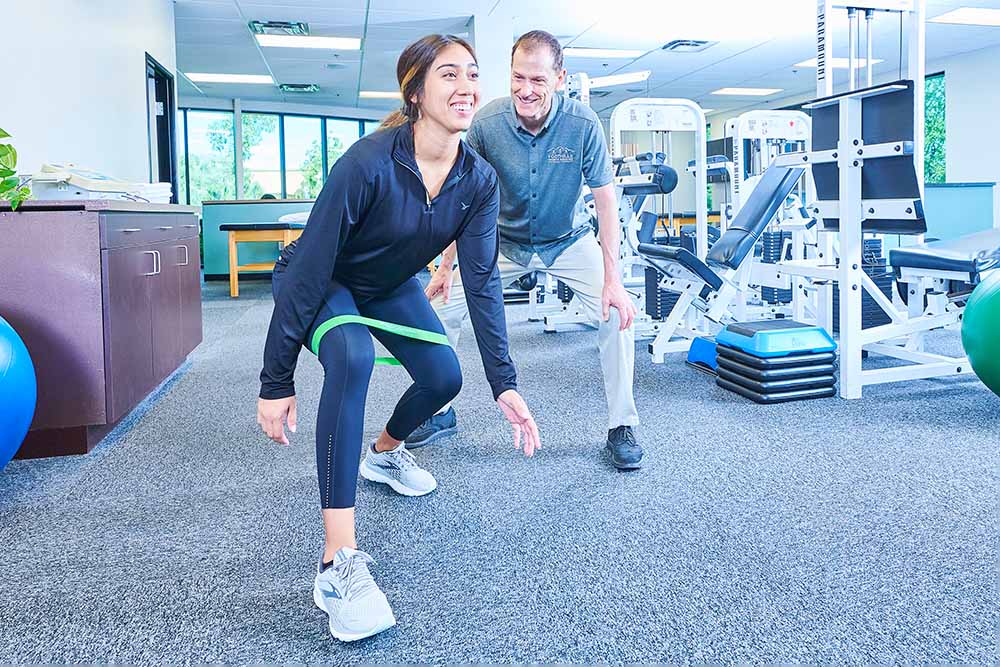Improving Rehab Outcomes Via Effective Practical Motion Screening Guidelines
Improving Rehab Outcomes Via Effective Practical Motion Screening Guidelines
Blog Article
Functional Mobility Assessment (FMS) is a valuable tool used to assess an person's movement patterns. This screening aids identify any deficiencies or discrepancies in the musculoskeletal system, which can result to injuries if not corrected. In rehabilitation contexts, FMS can play a critical role in enhancing recovery outcomes. By understanding how each individual moves, healthcare professionals can design targeted recovery programs that focus on enhancing strength, mobility, and general performance.
One of the key advantages of using FMS in rehabilitation is its ability to identify specific areas that need enhancement. For example, if a client has difficulty with squat movements or lunging, it may suggest a deficiency of flexibility in their hips or ankle joints. This information allows therapists to create customized fitness programs that highlight correcting these shortcomings. As a result, patients are more likely to recover their power and ability, which is crucial for returning to daily activities or sports.
Incorporating efficient FMS protocols can also help avoid future injuries. Many injuries happen due to poor mobility mechanics or excessive use of certain muscle clusters. By screening patients before they begin a rehabilitation plan, clinicians can identify hazards and implement approaches to minimize them. Informing patients about proper mobility mechanics and strengthening weak aspects can lead to long-term benefits, ensuring that they stay active and healthy.
Additionally, the use of FMS can enhance communication between healthcare providers and clients. When clients see This Site their mobility patterns assessed and clarified, they gain a better understanding of their rehabilitation journey. This clarity fosters confidence and encourages patients to take an active part in their rehabilitation. By involving patients in their rehabilitation process, they are more likely to follow to recommended activities and behavioral adjustments that promote better outcomes.
In summary, enhancing recovery results through effective functional mobility assessment procedures is essential for both patients and healthcare professionals. Full Article By accurately evaluating mobility patterns, clinicians can create tailored recovery programs that address specific requirements. This not only aids in rehabilitation but also assists prevent future harm. As patients become more engaged in their rehabilitation process, they are likely to achieve their objectives and sustain a healthy, active lifestyle.